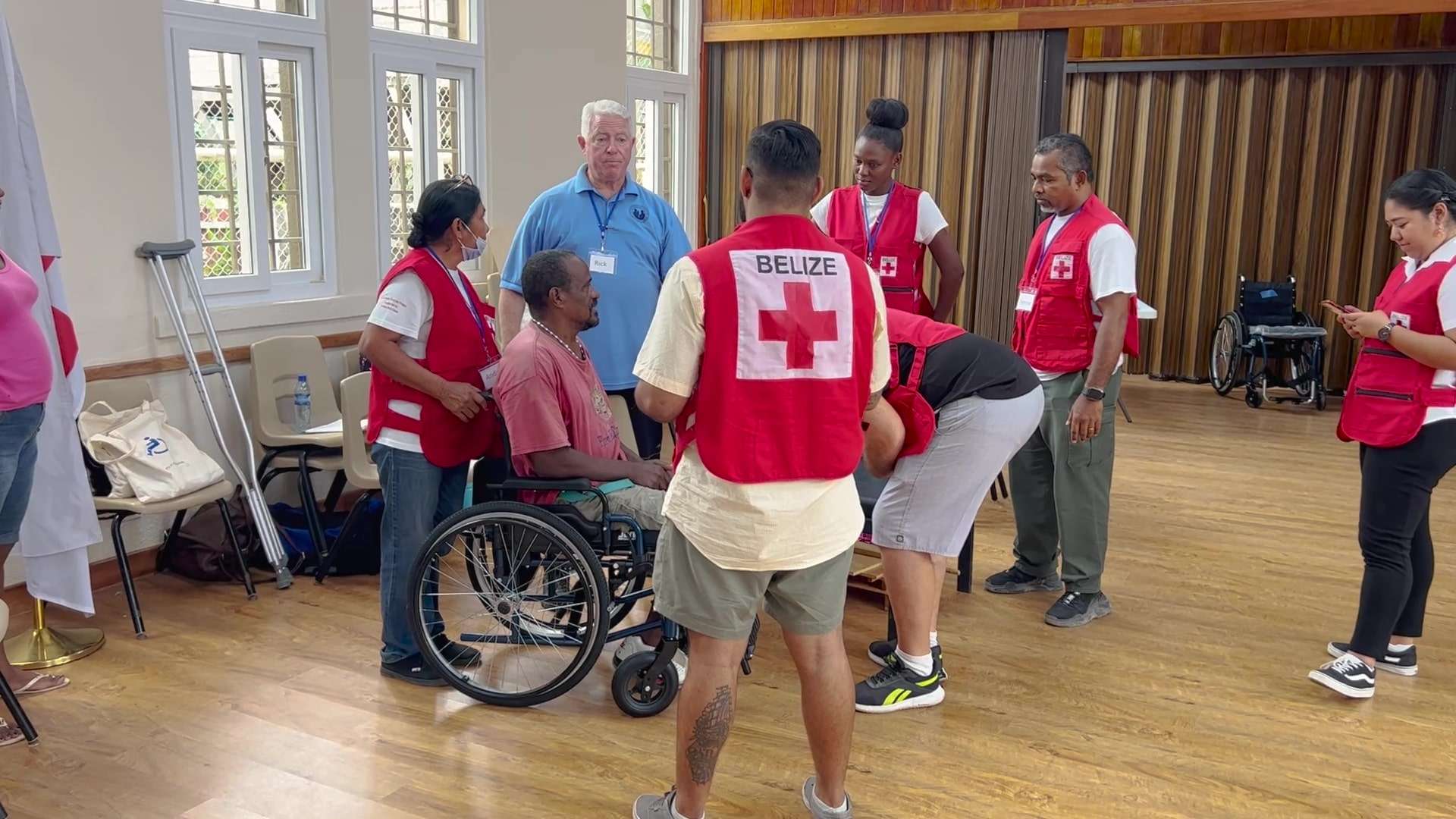Argentina is now one of the most vulnerable countries to climate change
-
Bangladesh is the seventh most vulnerable country to climate change in the world (Eckstein, et al., 2021). Geographical, socioeconomic, and demographic factors increase the nation’s susceptibility to both suddenand slow-onset climate events. The mean temperature in Bangladesh has increased by 0.5°C between 1976 and 2019 (Mahmud et al., 2021). According to the Bangladesh Meteorological Department, Dhaka recorded the highest temperature of 40.4°C in 2023, which was the hottest day in 58 years (The Daily Star, 2023).
-
Indeed, climate change is often referred to as a ‘silent disaster’ in Bangladesh, impacting every facet of human life.rnThe geographic location, socioeconomic characteristics, and livelihood patterns contribute to heightened vulnerability (Isfat u0026 Raihan, 2022). The direct and indirect consequences of climate change on health, livelihoods, migration and displacement are a source of profound concern among community members.

Facts on Climate change and adaptation
-
7.2 m
Maecenas sed varius sapien, ut consequat ipsum. Sed ac mauris tellus.
-
$230 bn
Morbi tristique, erat a semper dictum, tellus urna facilisis ipsum, eu tristique dolor tellus sit amet nisl.
-
$11.3 bn
Vivamus quis maximus neque. Nullam sodales nisl vel nibh condimentum vulputate.
-
19.9 m
People may be affected by coastal flooding in Bangladesh from the 2070 to the 2100s
Perception of climate change influence communities?
A study demonstrated the majority of participants have a clear perception about the change in climate and associated variability in temperature, rainfall, salinity and sea level, and the effect of these changes on their health since the last 10 years.
Read the StudyPerception of climate change influence communities?
A study demonstrated the majority of participants have a clear perception about the change in climate and associated variability in temperature, rainfall, salinity and sea level, and the effect of these changes on their health since the last 10 years.
Read the Study
How climate change affects communities?
To minimize the financial impact of the reccuring loss of their homes, some people must make the hard choice of living in even more precarious situations. Underlining the crucial role of community support for collective efforts in facing disasters and access to resources effective recovery.
The community face significant challenges in coping with impacts
-
Dimension 1
Limited rural awareness of climate change nuances impedes proactive preparation and response. For instance, during disasters like riverbank erosion, relocation timing may be unclear. In areas like Satkhira, alternatives to shrimp farming aren’t widely known, leading to maladaptation. Gender roles often confine women during disasters. Religious beliefs may discourage mitigation efforts. Some fail to grasp the need for localized adaptation or the limitations of traditional agriculture.
Community Trust Index Social Science -
Access on information
Marginalized communities face unequal access to timely climate information, including forecasts and education. This lack of accessible information hinders informed decision-making on livelihoods, resource management, and disaster preparedness. Many feel uninformed about climate impacts, exacerbated by limited digital literacy hindering access to online resources.
Community Feedback -
Resource constraint
Limited local government budget for climate-resilient projects hampers critical infrastructure completion, like river embankments, leaving communities vulnerable to erosion and floods. Lack of investment exacerbates existing vulnerabilities, with households lacking savings and credit to cope with climate disruptions. Government relief post-disasters is insufficient, leading families to take high-interest loans from microcredit organizations, perpetuating a cycle of poverty and vulnerability to future climate events.
Community Trust Index Som tag -
Limited community engagement
Insufficient community involvement in climate adaptation decisions often leads to top-down approaches that neglect local needs. Community engagement, which values diverse perspectives and treats all members as equal partners, is crucial for integrating the views of those affected by climate change into adaptation programs. This fosters ownership of adaptive measures, builds trust, and enhances resilience to climate impacts.
Community Trust Index Red Cross Argentina
Learn more
-
u003cstrongu003eIsfat, M. u0026amp; Raihan, A. (2022).u003c/strongu003e Current practices, challenges, and future directions of climate change adaptation in Bangladesh. IJRPR, Vol 3, no 5, pp 3429–3437, May 2022
Community Trust Index Community Insights -
u003cstrongu003eIsfat, M. u0026amp; Raihan, A. (2022).u003c/strongu003e Environmental change and migration aspirations: evidence from Bangladesh. University of Bern. Zurich. Munich of Bangladesh. Chapter 12
-
u003cstrongu003eRahman, M. C., Rahaman, M. S., Biswas, J. C., Rahman, N. M. F., Islam, A. M., Sarkar, M. A. R., Islam, M. S. u0026amp; Maniruzzaman, M. (2023).u003c/strongu003e Climate change and risk scenario in Bangladesh. Asia-Pacific Journal of Regional Science. 7:381–404. u003ca href=u0022https://doi.org/10.1007/s41685-022-00252-9u0022u003ehttps://doi.org/10.1007/s41685-022-00252-9u003c/au003e
Some tag -
u003cstrongu003eIsfat, M. u0026 Raihan, A. (2022).u003c/strongu003e Current practices, challenges, and future directions of climate change adaptation in Bangladesh. IJRPR, Vol 3, no 5, pp 3429–3437, May 2022
Some oter tag RCCE IFRC